Impact de mutations génétiques des RHO GTPases identifiées chez des patients atteints de déficits immunitaires et inflammatoires
Responsable du Stage : Jérôme Delon
Tél : 01 40 51 66 40………… Fax : 01 40 51 65 35…………… E-mail: jerome.delon@inserm.fr……
INSTITUT COCHIN
Résumé du Projet de Stage
Small GTPases of the Rho family, their regulators and their effectors assemble molecular platforms at the surface of membranes that control multiple signaling pathways. These signaling platforms are involved in various physiological functions and processes in the cell, such as the regulation of the cytoskeleton, adhesion, migration or the cell cycle. Mirroring these major functions, their deregulations can be at the origin of human pathologies such as immune deficiencies and inflammatory syndromes. However, how molecular defects in Rho pathways result in clinical symptoms is extremely complex and has remained poorly understood.
In this project, we identified patients with missense mutations affecting the small GTPase CDC42, as well as Gα13, a subunit of a heterotrimeric G protein that recruits a Rho exchange factor, all of which result in a spectrum of disabling skin diseases, often with inflammatory and immune symptoms. These rare diseases provide a unique opportunity to unravel the inner workings of Rho GTPases molecular circuits from the molecule to the patient. With this aim, we will use complementary expertise, including biochemistry, molecular and cell biology, and imaging. We will investigate the mutational landscape of the Rho pathways in a large and unique cohort of patients, identify the biochemical and cellular defects associated with the mutations, and determine the impact of the mutations on Rho GTPase functions. We will particularly focus our studies to understand how the cytoskeleton can impact on the inflammatory microenvironment.
The project should thus impact fundamental and translational research in several ways.
Dernières Publications en lien avec le projet :
El Masri R and Delon J. (2021) RHO GTPases: from new partners to complex immune syndromes. Nature Reviews Immunology. Aug 21 (8):499-513.
Simao M., Régnier F., Taheraly S., Fraisse A., Tacine R., Fraudeau M., Benabid A., Feuillet V., Lambert M., Delon J. & Randriamampita C. (2021) cAMP bursts control T cell directionality by actin cytoskeleton remodeling. Front. Cell Dev. Biol., May 20;9:633099.
*Bekhouche B, *Tourville A, Ravichandran Y, Tacine R, Abrami L, Dussiot M, Khau-Dancasius A, Boccara O, Khirat M, Mangeney M, Dingli F, Loew D, Boëda B, Jordan P, Molina TJ, Bellon N, Fraitag S, Hadj-Rabia S, Blanche S, Puel A, Etienne-Manneville S, van der Goot FG, Cherfils J, Hermine O, Casanova JL, Bodemer C, Smahi A, Delon J. (2020) A toxic palmitoylation of Cdc42 enhances NF-κB signaling and drives a severe autoinflammatory syndrome. J. Allergy Clin. Immunol. 2020 Apr 10:S0091-6749(20)30426-7.
Megrelis, L., El Ghoul, E., Moalli, F., Versapuech, M., Cassim, S., Ruef, N., Stein, J.V., Mangeney, M. and Delon J. (2018) Fam65b phosphorylation relieves tonic RhoA inhibition during T cell migration. Front. Immunol. 9:2001
Froehlich, J., Versapuech, M., Megrelis, L., Largeteau, Q., Meunier, S., Tanchot, C., Bismuth, G., *Delon, J., *Mangeney, M. (2016). FAM65B controls the proliferation of transformed and primary T cells. Oncotarget. 7: 63215-63225.
Ce projet s’inscrit-il dans la perspective d’une thèse :
oui x
si oui type de financement prévu :Allocation de l’Ecole Doctorale
Ecole Doctorale de rattachement : BioSPC
Intitulé de l’Unité : Institut Cochin, Inserm U1016, CNRS UMR8104, Equipe « Signalisation des cellules immunes et infection rétrovirale »
Nom du Responsable de l’Unité : Florence Niedergang
Nom du Responsable de l’Équipe : Clotilde Randriamampita
Adresse : 22 rue Méchain, 75014 Paris

